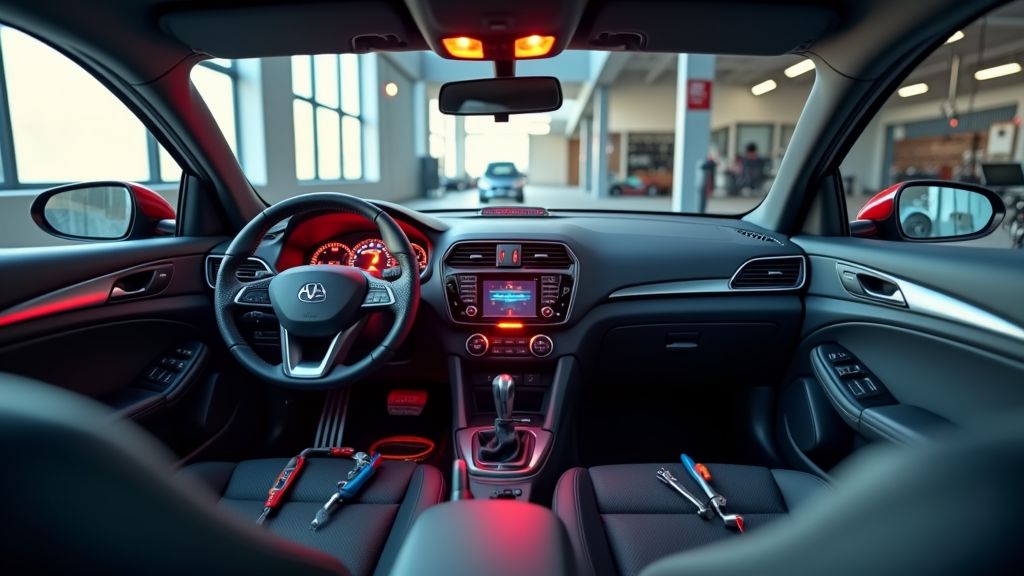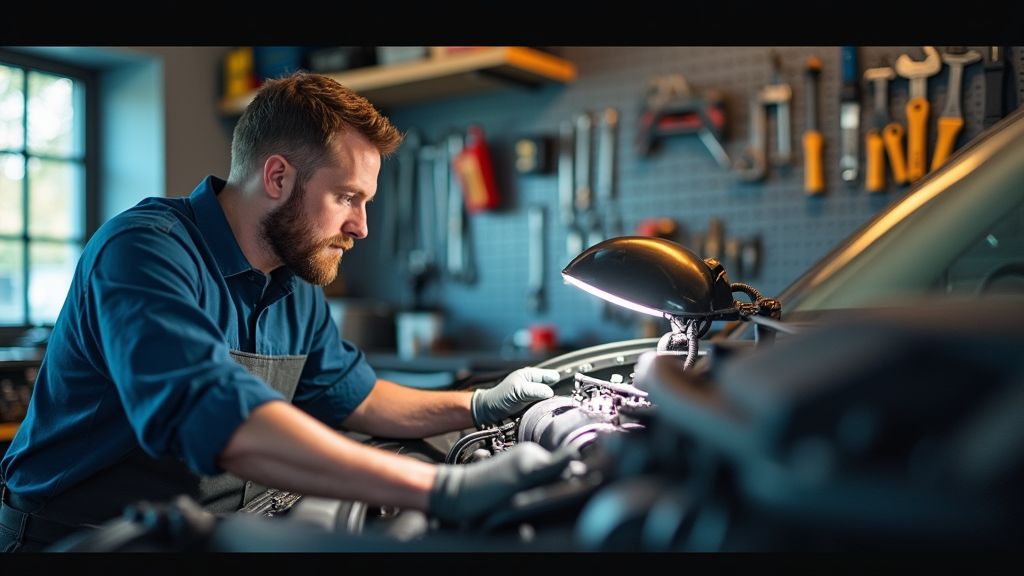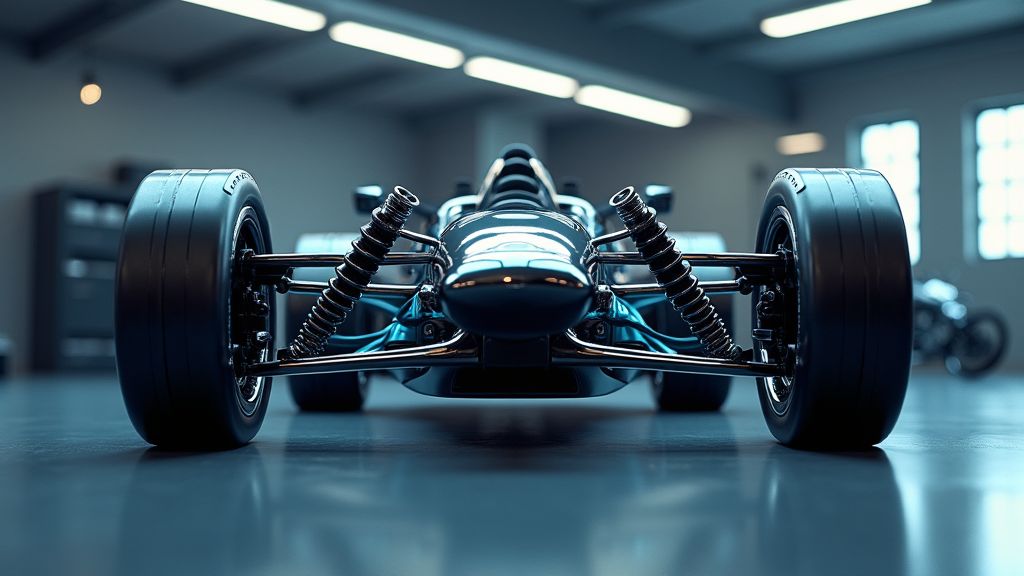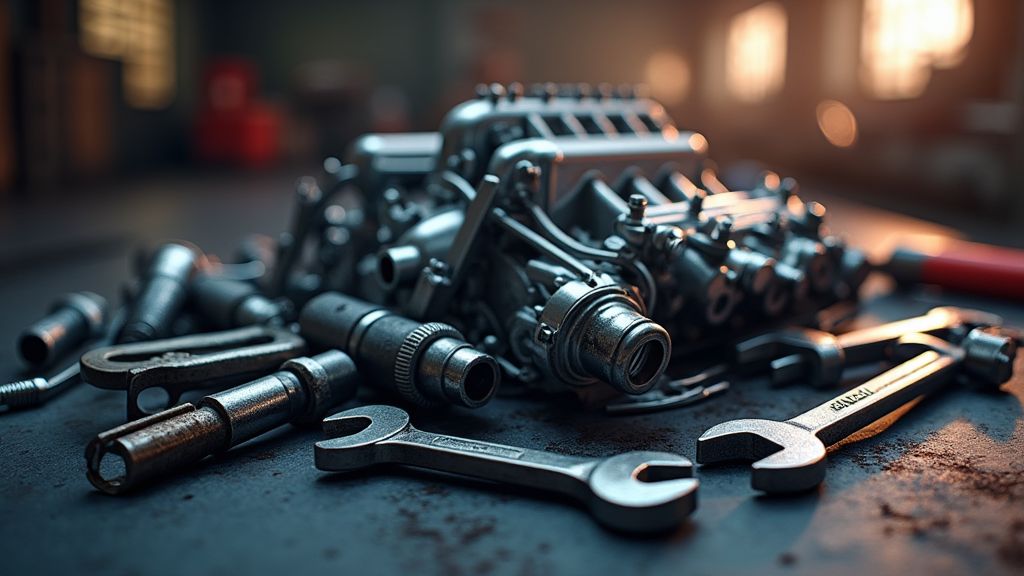Best Practices for Maintaining Your Car’s Electrical System
Have you ever experienced the frustration of a dead battery or faulty electrical system in your car? These issues can be not only inconvenient but also costly to repair. In this article, we will discuss the best practices for maintaining your car’s electrical system, helping you avoid common problems and ensuring your vehicle runs smoothly.
Regular Inspections and Maintenance
One of the most important steps in maintaining your car’s electrical system is conducting regular inspections. This includes checking the battery for corrosion, ensuring all connections are secure, and inspecting the alternator and starter for any signs of wear or damage. By catching potential issues early, you can prevent more serious problems down the line.
Testing the Battery
The battery is the heart of your car’s electrical system, providing power to start the engine and run various components. It’s essential to test the battery regularly to ensure it’s functioning properly. You can use a multimeter to check the voltage level, or take your car to a professional for a more thorough inspection.
Avoiding Overloading the Electrical System
Many modern vehicles come equipped with a wide range of electronic features, from GPS navigation to heated seats. While these amenities add to the comfort and convenience of driving, overloading the electrical system can put a strain on the components. Be mindful of how many accessories you’re using at once to reduce the risk of electrical problems.
Proper Storage and Care
If you’re not using your car for an extended period, it’s important to store it properly to prevent damage to the electrical system. Keep the battery charged, disconnect any accessories, and consider using a trickle charger to maintain optimal battery health. Regularly starting the car and letting it run for a few minutes can also help prevent issues caused by long periods of inactivity.
Monitoring Warning Lights
Modern vehicles are equipped with dashboard warning lights that alert you to potential issues with the electrical system. Pay attention to warning lights like the battery or check engine light, as they can indicate problems that need immediate attention. Ignoring these signals can lead to costly repairs, so it’s essential to address any warning lights as soon as they appear by consulting a mechanic.
Cleaning and Securing Connections
Over time, dust, dirt, and corrosion can accumulate on battery terminals and other electrical connections, affecting their performance. Regularly cleaning these connections and ensuring they’re tightly secured can help prevent issues like poor electrical flow or battery drainage. Using a wire brush to remove corrosion and applying terminal protector can extend the life of your electrical components.
Checking Fuses and Relays
Fuses and relays play a critical role in protecting your car’s electrical system from overloads. Regularly inspecting the fuse box to make sure everything is intact can prevent power surges and protect sensitive electronic components. If you experience issues like lights dimming or power windows malfunctioning, a blown fuse or faulty relay might be the cause.
Scheduling Routine Professional Inspections
While regular at-home inspections are beneficial, it’s also crucial to schedule routine inspections with a qualified mechanic. Professionals have the tools and expertise to identify hidden issues that may not be obvious. These inspections provide peace of mind and ensure that your car’s electrical system remains in optimal condition, helping you avoid unexpected breakdowns.













